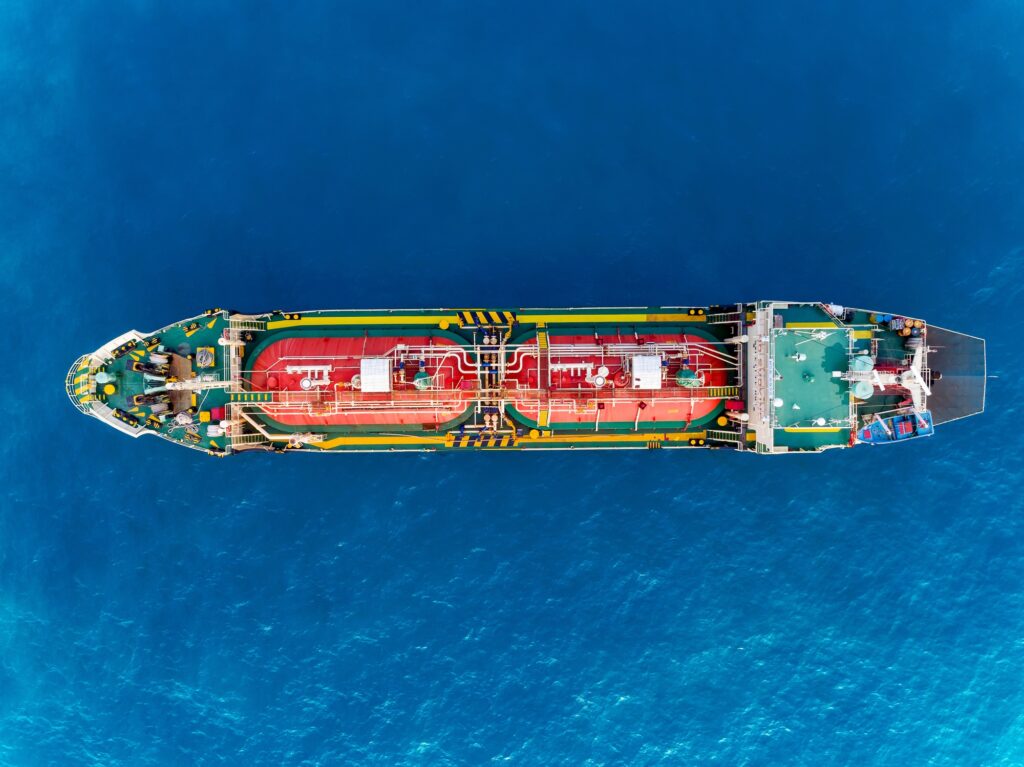Most industries are looking for ways to become more energy efficient. The climate crisis has shed a light on the importance of resource efficiency, particularly regarding energy consumption, as means of minimizing industries’ contributions to climate change and environmental degradation. Against this backdrop, UN CC:Learn has recently affiliated the new “Energy Saving at Sea” e-course, developed by the Global Industry Alliance to Support Low Carbon Shipping (Low Carbon GIA), an initiative of the International Maritime Organization (IMO).
The newly affiliated e-course takes an average of 2 hours to be completed and covers detailed practical measures that can be taken onboard ships to save energy in their day-to-day operations. It builds on the “Introductory Course on Energy Efficient Ship Operation” e-course, which was affiliated in 2021.
The course consists of two modules, each with nine lessons and a quiz at the end. The first module focuses on how energy can be saved by a ship’s engine department and the second one walks users through what a ship’s deck department can do to reduce energy consumption and, as a result, reduce greenhouse gas emissions.
Who should take this course?
“Energy Saving at Sea” is open to everyone, but it will of particular interest to:
- Seafarers interested in understanding how international regulations to address emissions can impact their daily tasks
- Seafarers interested in practical measures to reduce fuel consumption and increase energy efficiency on board
- Personnel in shipping companies and ports interested to learn more on practical measures for ship energy efficiency and how to support their implementation
What will you learn?
At the end of the course, you will be able to:
- Identify which aspects of ship handling, ship operations and engine room operations can have an impact on energy saving;
- Describe how ship’s fuel consumption can be reduced;
- Outline the different measures that can improve ship energy efficiency; and
- Discuss how practical measures could be implemented on board your ship.
Certification
As previously mentioned, each module has a short quiz at the end to assess whether users have achieved the proposed learning objectives. To successfully complete the course and gain a Certificate of Completion, participants must obtain a passing grade of 70% or above in both assessment quizzes (3 attempts are allowed for each quiz).
The UN CC:Learn Affiliation Programme
The course is made available on UN CC:e-Learn through the new UN CC:Learn affiliation programme, which highlights high-quality e-learning products on climate change developed by recognised institutions outside the framework of the UN CC:Learn programme / without support from the UN CC:Learn Secretariat, in accordance with specific affiliation criteria. The objective of the UN CC:Learn affiliation programme is to enhance global climate literacy through dissemination of high-level learning products that complement UN CC:Learn resources.

